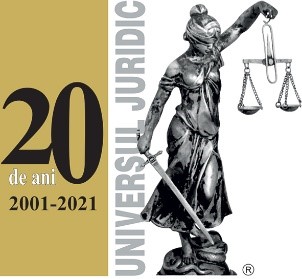Clauza de preciput – o moştenire contractuală?
law[at]law.ubbcluj.ro
Cuvinte cheie:
preciput, legal act mortis causa, matrimonial advantage, donation of future propertyRezumat
The question of the legal nature of the preciput clause regulated in Article 333 of the Civil Code is very controversial and inconsistent in Romanian doctrine. Following the analysis of the source that inspired the Romanian legislator (the French Civil Code) and of the differences between the Romanian Civil Code and this one, as well as of the opinions expressed so far, the conclusion that emerges is that in our law, contrary to the opinion of the majority of Romanian authors, the preciput clause is a liberality in the form of the contractual establishment of an heir (particular legatee), which is a legal act mortis causa, and not a neutral act, as in French law. From the point of view of its formation, a preciput clause is a donation, a legal act between living persons, but from the point of view of its effects, it is a particular legacy.
Keywords: preciput; legal act mortis causa; matrimonial advantage; liberality; contractual establishment of heir (particular legatee); donation of future property.
Publicat
Versiuni
- 21-04-2023 (2)
- 13-09-2022 (1)









